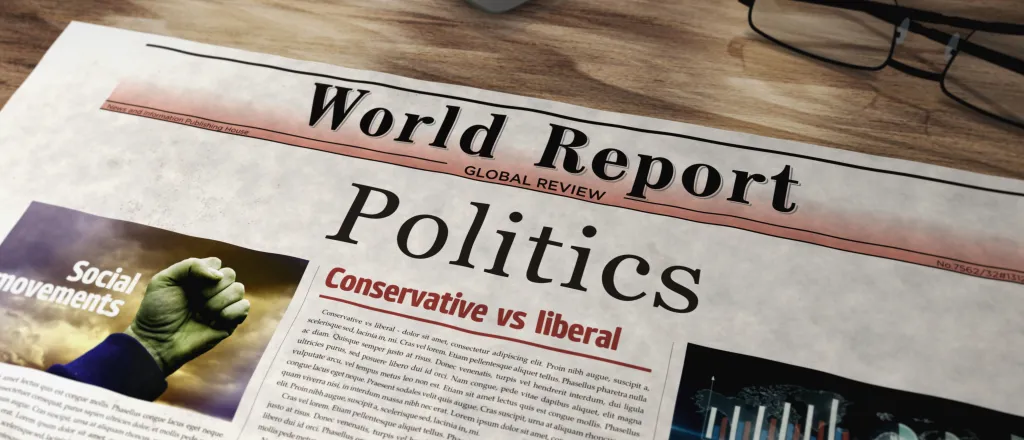
Politics: 2025Talks - January 23, 2025
© Arkadiusz Warguła - iStock-1890683226
Politics and views in the United States.
Trump's pardons of January 6th participants spark mixed reactions, federal DEI suspensions raise equity concerns, diversity in medicine faces challenges post-affirmative action and Citizens United continues to amplify big money in politics.
TRANSCRIPT
Welcome to 2025 Talks, where we're following our democracy in historic times.
I think President Trump did the right thing by letting these guys out and pardoning them because they did not get a fair trial.
Oath Keepers founder Stuart Rhodes visiting Capitol Hill a day after being released from prison.
The right-wing militia leader who was convicted of attempting to start a violent coup is one of 14 people whose criminal sentences connected to January 6th were commuted by President Donald Trump.
Meanwhile, a few of the 1,500 people pardoned for their part in the insurrection say they should not have been forgiven.
One Boise, Idaho woman told reporters she didn't want to be pardoned because she was guilty.
A New Hampshire man who stole a book from the Senate Parliament and was drinking wine openly told reporters his conviction forced him to deal with his alcoholism.
A Trump executive order ending government diversity programs is making waves outside of Washington.
Trump has put all federal DEI employees on leave with the anticipation he will attempt to dismantle the programs entirely.
Katherine Tercer with Common Cause Ohio says ending efforts to address America's inequalities will make governments and corporations work less well.
Diversity doesn't mean that we're not inviting people who are very qualified to the table.
It means we're trying to have a diversity of opinions so that, in fact, we can create good public policy that we can address the needs for all the people in the country.
She adds that it's painful to see this type of order the day after the celebration of Martin Luther King's birthday.
Similarly, the National Academies of Science recently marked a decline in the number of black men and women in medicine following a 2023 Supreme Court decision reversing many higher education affirmative action programs.
Officials say they expect ending government DEI programs could accelerate that trend.
This week also marks 15 years since the Supreme Court's Citizens United v.
FEC decision.
That reshaped campaign finance by categorizing donations as a form of free speech, which allows unlimited corporate and union spending in elections.
Critics say it has amplified the influence of billionaire donors.
Tiffany Mueller, president of End Citizens United, noted billionaire donors visible at the presidential inauguration is a clear sign of what's changed in Washington.
Before Citizens United, we were actually able to have real meaningful conversations about ways to address the cost of prescription drugs.
Now, Big Pharma spends $300 million every election cycle.
Mueller adds that the idea of tech moguls like Elon Musk donating hundreds of millions to campaigns would have been unthinkable at the time of the ruling.
Russell Vought, Trump's nominee to lead the Office of Management and Budget and co-author of Project 2025, told Senate lawmakers he supports work requirements for low-income Americans receiving publicly subsidized health insurance.
I'm Farah Sidiqui with Pacifica Network and Public News Service.
Find our trust indicators at publicnewsservice.org.

















